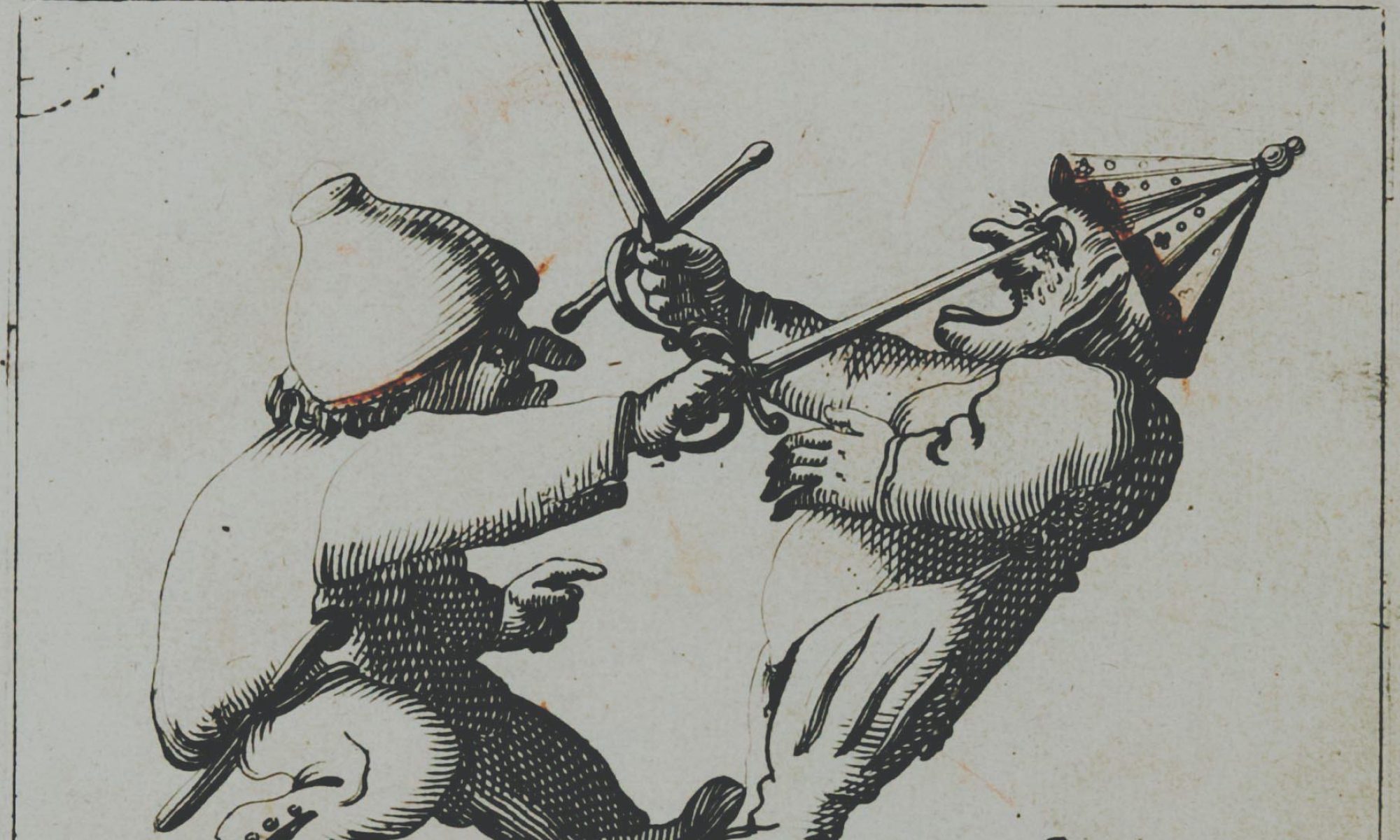Daniela D’Eugenio is an Assistant Professor of Italian at the University of Arkansas, where she teaches courses on Italian language and culture. Her research interests focus on proverbs in Renaissance and Baroque literature, irony and humor of proverbs, the intersections between paleography and linguistics, and the pedagogical use of proverbs in the foreign language class. Her work has been funded by a number of fellowships and awards, including a Junior Faculty Teaching Fellowship from Vanderbilt University, a Renaissance Society of America – Newberry Library Fellowship, a Morgan Library Archival Fellowship and a Fondazione Giorgio Cini subsidy. Her articles have appeared in Publications of the Accademia della Crusca, Aracne Editrice, International Studies on Humor, Italica, and Forum Italicum. Currently, she is working on her first manuscript, titled Paroimia. Brusantino, Florio, Sarnelli, and Italian Proverbs from the Sixteenth and Seventeenth Centuries.
Alessandro Metlica is Associate Professor of Comparative Literature at the Department of Linguistic and Literary Studies (DISLL), University of Padova, Italy. He has been Marie Curie CO-FUND Fellow and FNRS chargé de recherche at the Catholic University of Louvain, Belgium. His research focuses on the representation of power in early modern Europe, both as regards subversion (libertinism, free thinking) and containment (eulogy, propaganda). His publications include two critical editions with introduction and commentary, three co-edited conference proceedings, and twenty-seven articles published in top-class peer-reviewed journals and conference proceedings.
In 2020 he has published Le seduzioni della pace. Giovan Battista Marino, le feste di corte e la Francia barocca (Bologna: Il Mulino). The book investigates the role played by poetry, and namely by Marino’s poem Adone, in the staging of Louis XIII of France’s and Maria de Medici’s power. In the 17th century, propaganda was already a comprehensive audio-visual expression, pivoting on several media. Writing merged not only with arts and music, but also with technological devices such as smoke, fountains, and fireworks. The book explains how Adone draws from all these elements to portray effectively 17th-century power.
Since 2018, prof. Metlica leads as Principal Investigator the ERC Starting Grant project RISK “Republics on the Stage of Kings. Representing Republican State Power in the Europe of Absolute Monarchies” (https://risk-project.eu/). RISK investigates Republican pageantry and encomiastic production in early modern Europe, and analyzes to what extent the absolutist framework influences the display of ideals such as freedom, equality, and the common good.
Dana Renga is Professor of Italian Film and Media Studies at The Ohio State University. She has published more than thirty articles and book chapters on film and television, and authored Watching Sympathetic Perpetrators on Italian Television: Gomorrah and Beyond (Palgrave Macmillan, 2019) and Unfinished Business: Screening the Italian Mafia in the New Millennium (University of Toronto Press, 2013), co-authored Internal Exile in Fascist Italy: History and Representations of Confino (University of Manchester Press, 2019), and is the editor of Mafia Movies: A Reader, 2nd edition (University of Toronto Press, 2019). She is at the beginning stages of a new project called #castingstardom.
Jane Tylus is Andrew Downey Orrick Professor and Chair of Italian Studies, and Professor of Comparative Literature at Yale. She also has a teaching appointment at Yale Divinity School. She previously held administrative and faculty positions at NYU and the University of Wisconsin-Madison. Tylus is the author of several monographs (Siena, City of Secrets; Reclaiming Catherine of Siena; Writing and Vulnerability in the Late Renaissance) and has translated the complete poetry of Gaspara Stampa and Lucrezia Tornabuoni de’Medici. She is currently working on a book manuscript called “Saying Goodbye in the Renaissance” and a collection of essays on accompaniment and translation. She has served as General Editor of I Tatti Studies in the Italian Renaissance since 2013 alongside Professor Jessica Goethals, who has been an absolutely indispensable Managing Editor for the journal.
Tylus has written a number of essays and chapters over the years on Renaissance drama and especially comedy, including “Women at the Windows” (Theatre Journal, 1997), “Theatre’s Social Uses: Machiavelli and the Spectacle of Infamy” (Renaissance Quarterly, 2000), “Imitating Othello” (Renaissance Drama, 2010), “The Work of Italian Theatre” (Renaissance Drama, 2012), and most recently, with Deanna Shemek, an article on the plays of Pietro Aretino for A Companion to Pietro Aretino (2020).
David Ward is Professor of Italian Studies and chair of the Department of Italian Studies at Wellesley College. He is author of five books: four in English, A Poetics of Resistance: Narrative and the Writings of Pier Paolo Pasolini (Madison, NJ and London: Fairleigh Dickinson University Press, 1995); Antifascisms: Cultural Politics in Italy, 1943-46 Benedetto Croce and the Liberals, Carlo Levi and the Actionists (Madison, NJ and London: Fairleigh Dickinson University Press, 1996); Piero Gobetti’s New World: Antifascism, Liberalism, Writing (Toronto: University of Toronto Press, 2010); Contemporary Italian Narrative and 1970s Terrorism: Stranger than Fact (London: Palgrave-MacMillan, 2017); and one in Italian, Carlo Levi: Gli italiani e la paura della libertà (Milan: Rizzoli/Nuova Italia, 2002). He is also co-editor, with Sciltian Gastaldi, of a volume of essays entitled Era mio padre: Italian Terrorism of the Anni di Piombo in the Postmemorials of Victims’ Relatives.
